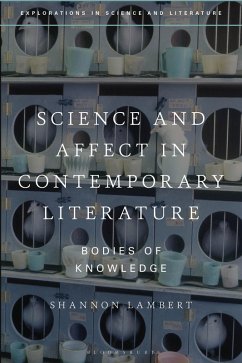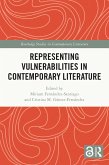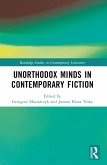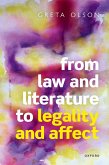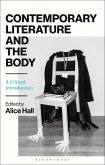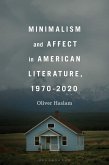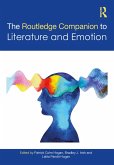Moving from the micro world of quantum physics to the macro scales of earth science and ecology, this book considers how, in contemporary literature, affective experiences like desire, suffering, anxiety, and joy shape scientific persons, practices, and products.
This book brings into dialogue close readings of scientific writing and contemporary literary works by authors like Jeanette Winterson, Richard Powers, Hanya Yanagihara, Thalia Field, and Jenny Offill. Combining narrative and affect studies, it uses formal strategies such as moving metaphor, visceral or affective description, plot-level analogy, contraction, and rhythm to engage with western scientific epistemologies, which still tends towards the impassive, universal, and objective.
While each chapter focuses on a different field (or fields) of science, all foreground bodies-human and nonhuman-as a way of exploring knowledge production. Through close readings, the book argues that select 'scientific stories' raise important questions about how 'knowledge' is defined and who (and what) is invited into its processes of production.
This book brings into dialogue close readings of scientific writing and contemporary literary works by authors like Jeanette Winterson, Richard Powers, Hanya Yanagihara, Thalia Field, and Jenny Offill. Combining narrative and affect studies, it uses formal strategies such as moving metaphor, visceral or affective description, plot-level analogy, contraction, and rhythm to engage with western scientific epistemologies, which still tends towards the impassive, universal, and objective.
While each chapter focuses on a different field (or fields) of science, all foreground bodies-human and nonhuman-as a way of exploring knowledge production. Through close readings, the book argues that select 'scientific stories' raise important questions about how 'knowledge' is defined and who (and what) is invited into its processes of production.

